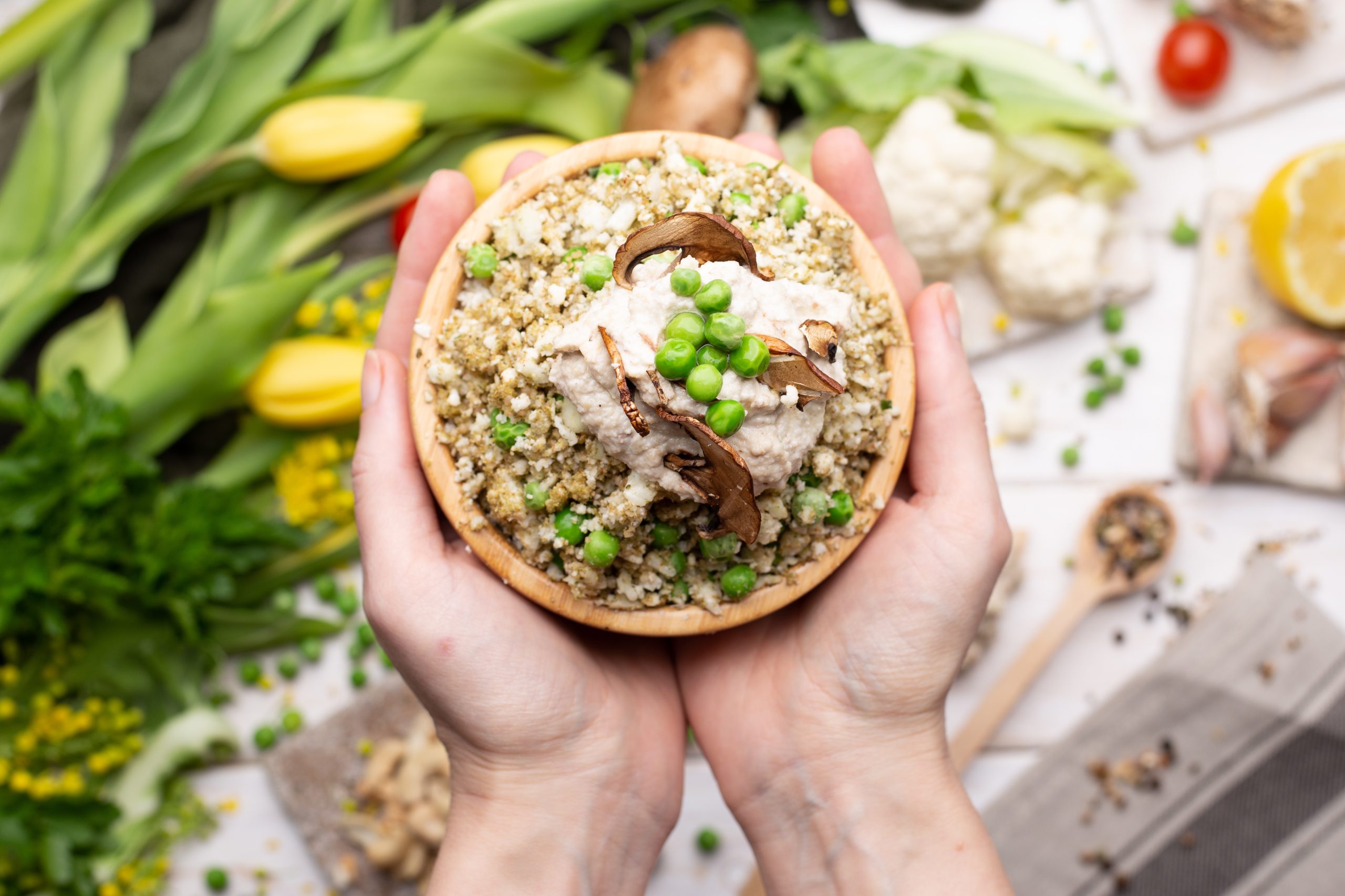Introduction: In recent years, there has been a growing interest in adopting a plant-based diet due to its numerous health benefits and positive impact on the environment. A plant-based diet involves consuming predominantly plant-derived foods while minimizing or eliminating animal products. In this article, we will explore the health impacts of adopting a plant-based diet and focus on the inclusion of millets, a group of nutritious and sustainable grains, in your plant-based journey.
The Health Impacts of a Plant-Based Diet:
- Heart Health: Numerous studies have shown that a plant-based diet can improve heart health by reducing the risk of cardiovascular diseases. Plant-based foods are typically low in saturated fat and cholesterol, and rich in fiber, antioxidants, and heart-healthy nutrients.
- Weight Management: Embracing a plant-based diet can be beneficial for weight management. Fruits, vegetables, legumes, and whole grains are naturally lower in calories, making it easier to maintain a healthy weight.
- Diabetes Management: Plant-based diets have been associated with better blood sugar control, making them particularly helpful for individuals with diabetes. The complex carbohydrates found in plant-based foods, such as millets, release energy gradually, preventing rapid spikes in blood sugar levels.
- Improved Digestion: The high fiber content of plant-based foods supports healthy digestion and can alleviate issues like constipation and bloating.
The Role of Millets in a Plant-Based Diet: Millets are a group of small-seeded grains that have been cultivated for centuries. They are gluten-free, highly nutritious, and easy to incorporate into a plant-based diet. Here are some popular millets and their benefits:
- Foxtail Millet: Rich in protein, dietary fiber, and essential minerals like iron and magnesium, foxtail millet is a versatile grain that can be used to make porridge, pulao, and even baked goods.
- Barnyard Millet: Low in calories and rich in fiber, barnyard millet is an excellent grain for weight management and controlling blood sugar levels.
- Little Millet: Packed with antioxidants and B vitamins, little millet is a nutritious option for making khichdi, pulao, and even desserts.
Practical Tips for Adopting a Plant-Based Diet with Millets:
- Gradual Transition: Start by incorporating one plant-based meal per day and gradually increase the number of plant-based meals over time. Experiment with different millet-based recipes to find your favorites.
- Balanced Nutrition: Ensure you get a variety of plant-based foods to meet all your nutritional needs. Include a mix of fruits, vegetables, legumes, nuts, seeds, and millets in your diet.
- Meal Planning: Plan your meals ahead of time to make the transition smoother. Look for plant-based recipes that feature millets as the main ingredient.
- Get Creative: Explore the vast array of millet-based dishes from various cuisines around the world. Let your creativity flow and enjoy the process of discovering new flavors.
Conclusion: Adopting a plant-based diet can have significant positive effects on your health and well-being. By incorporating nutrient-rich millets into your meals, you can elevate the nutritional value of your plant-based diet even further. Remember to consult with a healthcare professional or a registered dietitian to ensure that you meet your specific nutritional requirements during your plant-based journey. With the right approach and delicious millet recipes in your repertoire, embracing a plant-based lifestyle can be a fulfilling and enjoyable experience.
